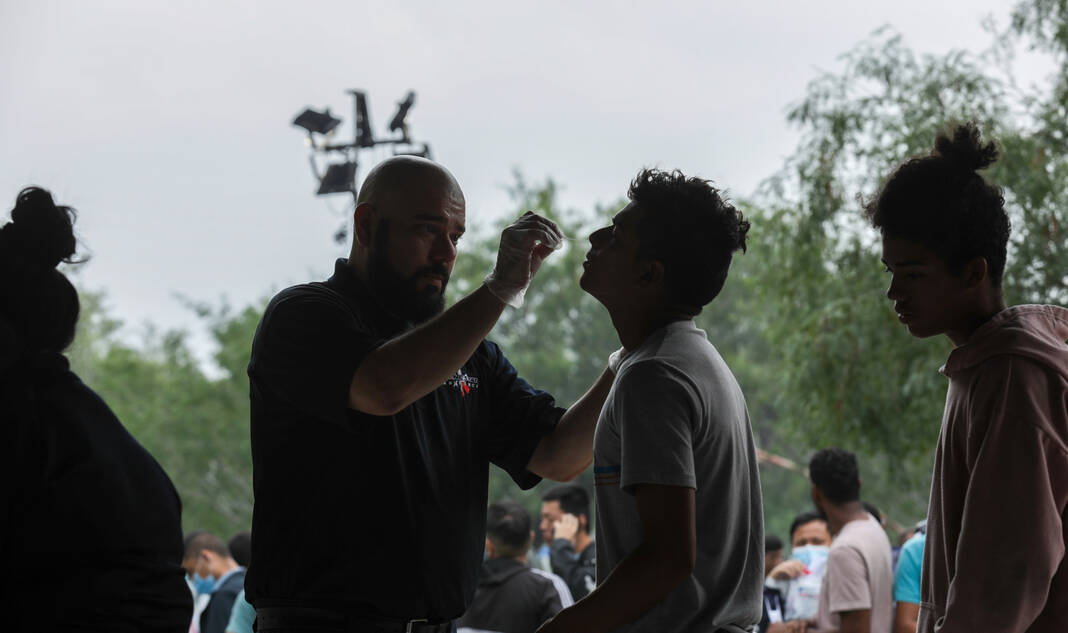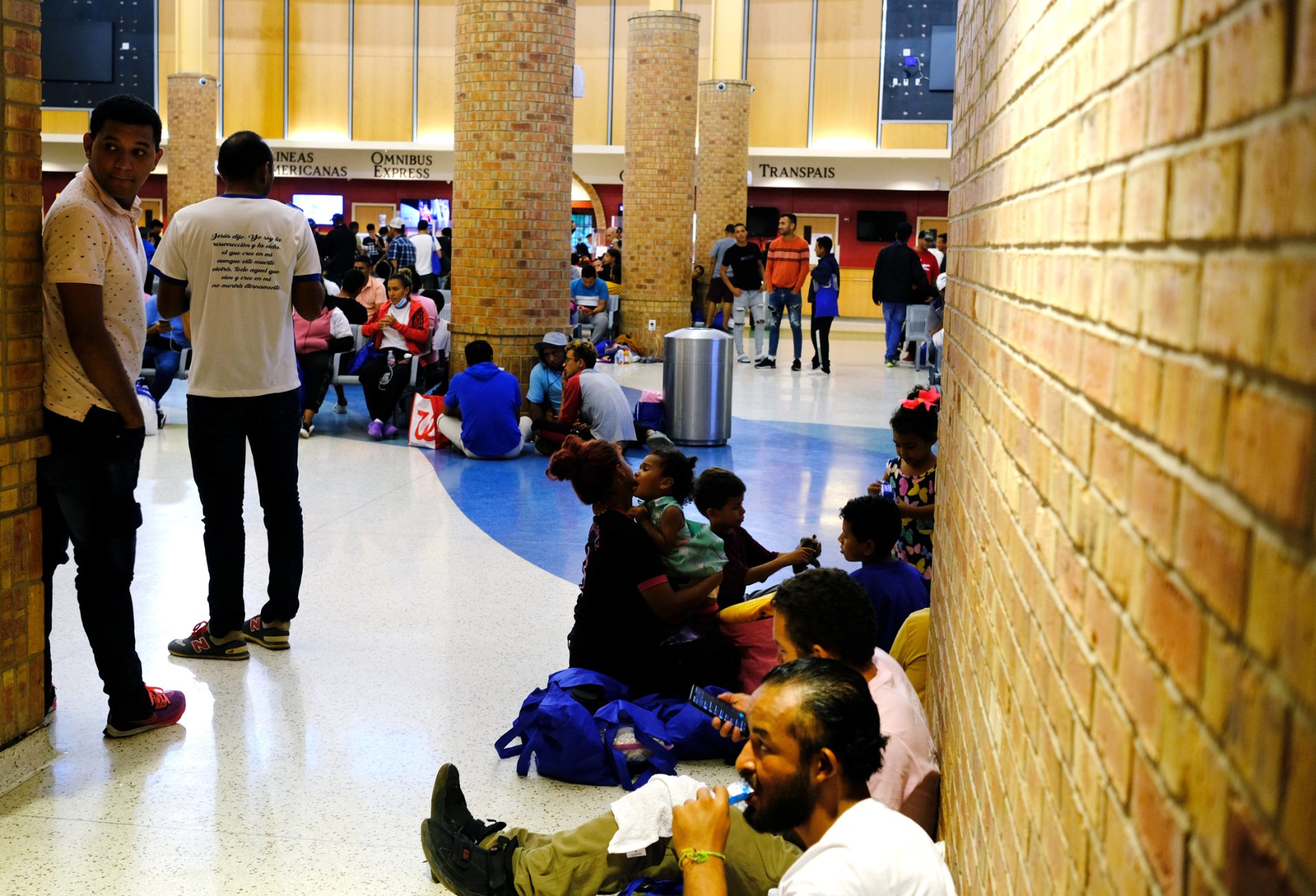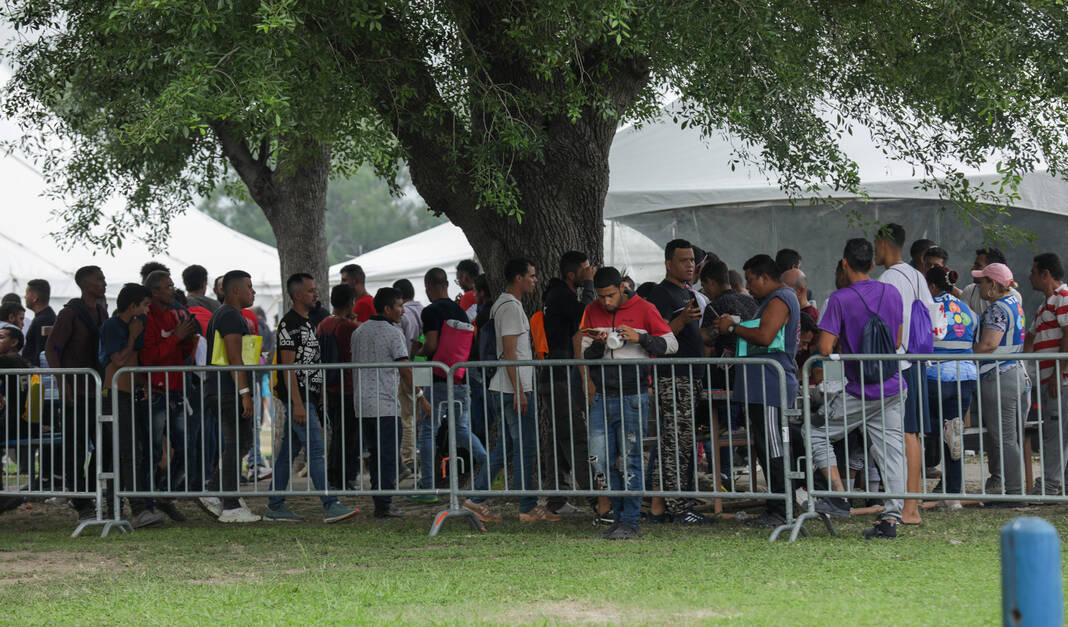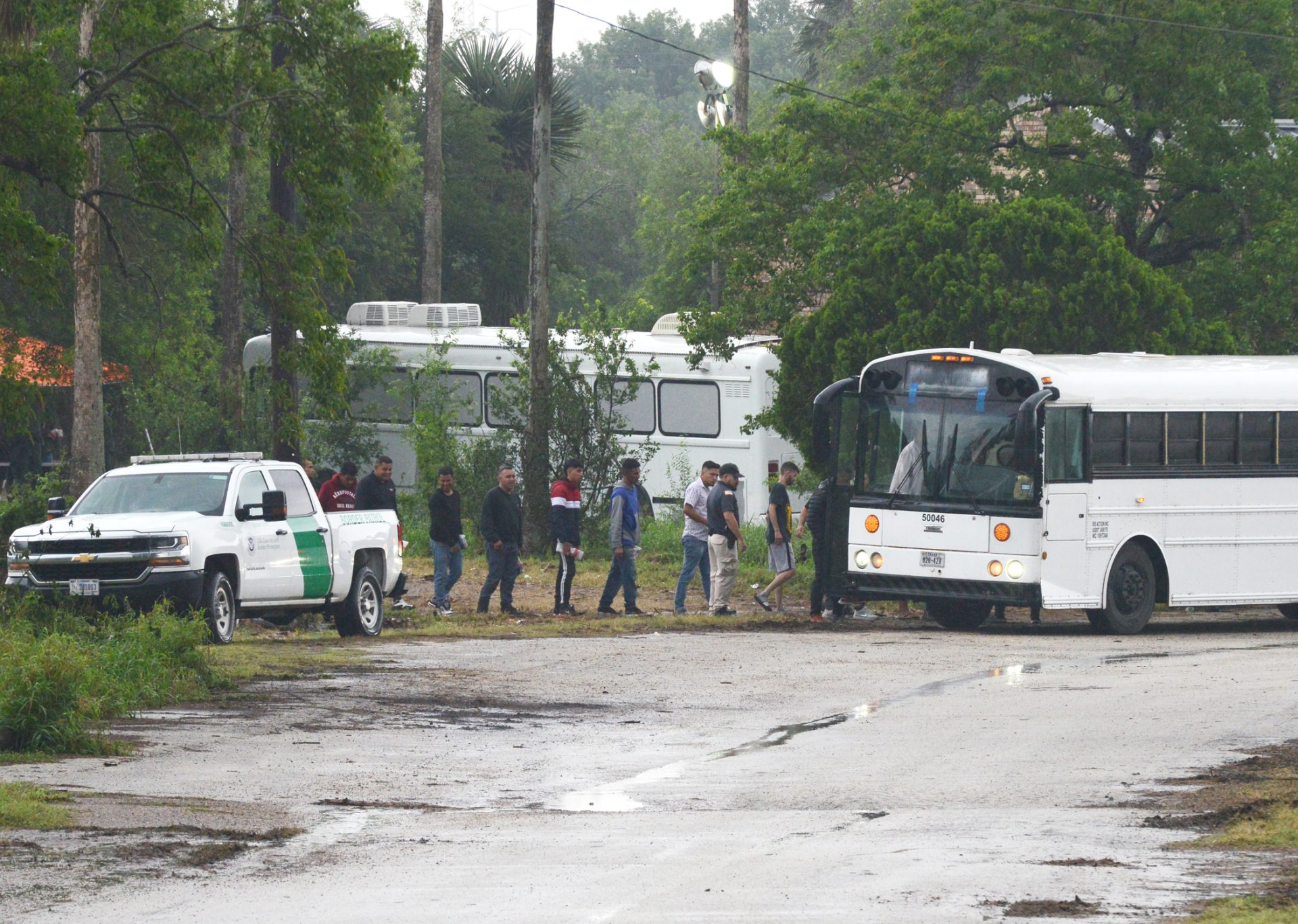|
Only have a minute? Listen instead
Getting your Trinity Audio player ready...
|
Several Rio Grande Valley cities and humanitarian aid groups will soon receive millions in additional federal funding to help pay for providing humanitarian services to undocumented migrants.
More than $17.7 million in funding from the Department of Homeland Security’s Shelter and Services Program, or SSP, will be headed this way, U.S. Rep. Vicente Gonzalez, D-Brownsville, announced in a news release on Wednesday.
The money is part of a congressional appropriations bill that earmarked a total of $300 million in migrant funding nationwide.
“We cannot let our local governments and organizations alone bear the financial and logistical burden of providing housing, food, and shelter for migrants released from DHS custody,” Gonzalez stated.
“I am pleased to announce the allocation of these SSP funds to multiple community partners in our region, allowing qualified professionals to provide humanitarian assistance while lessening the burden on our Customs and Border Protection personnel,” he further stated.
All three of the Valley’s congressional representatives voted in favor of the appropriations bill last month, including U.S. Reps. Henry Cuellar, D-Laredo, and Monica De La Cruz, R-McAllen, according to voting records posted to the U.S House of Representatives website.
The money will be divided among the cities of McAllen and Brownsville, as well as seven nonprofit aid organizations.
McAllen will receive just over $3.9 million, while Brownsville will receive a little more than $1.9 million.
As for the aid groups, Catholic Charities of the Rio Grande Valley will get the largest share of funding at more than $4.2 million.

Another $1.1 million will go to La Posada Providencia, a migrant and refugee shelter located in rural San Benito.
The Salvation Army Corps Center in McAllen will receive $615,000.
Meanwhile, four aid organizations headquartered in Brownsville will receive the remainder of the funding, including:
>> $1,636,235 for the Good Neighbor Settlement House
>> $360,000 for Team Brownsville
>> $350,000 for the Bishop Enrique San Pedro Ozanam Center
>> $216,000 for Iglesia Bautista West Brownsville
The $17.7 million appropriation follows a similar tranche of funding Gonzalez and other Democrats voted for in 2023.
In May 2023, Gonzalez announced the approval of more than $38.2 million in migrant funding for the Valley, including $13.16 million for Catholic Charities, more than $6.2 million for the city of Brownsville and just over $5.7 million for the city of McAllen.
At the time, Title 42 had just recently come to an end.

The federal immigration policy, which had been implemented during the height of the COVID-19 pandemic under then-President Donald Trump, allowed immigration officials to block migrant entry into the country citing the public health threat posed by the pandemic.
However, though the Valley has historically been one of the busiest regions for migrant crossings along the Southwest border, those trends have changed after the end of Title 42.
For fiscal year 2024, which began in October 2023, migrant encounters in the Valley have gone down more than 26% year-to-date, according to data published by U.S. Customs and Border Protection.
Crossings in other Texas regions have also dropped significantly compared to the same timeframes, including a nearly 65% decrease in the Big Bend area, 43% in El Paso, 39% in Laredo and nearly 11% in Del Rio.
Meanwhile, encounters have skyrocketed in Arizona, where the Tucson region has seen encounters with CBP increase by nearly 134%.
In the immediate aftermath of Title 42’s end, migrant crossing numbers here dropped significantly, according to local data.
McAllen reported less than 200 migrants per day were coming into the city just two weeks after Title 42 ended, with fewer than 100 people being held at the city’s temporary holding facility at Anzalduas Park.
As recently as October 2023, the city remained poised to accept high influxes of migrants, with the Anzalduas shelter set up to receive as many as 2,000 migrants.

Meanwhile, Catholic Charities, which operates a respite center in downtown McAllen, had worked with the Texas Department of Emergency Management, or TDEM, to facilitate buses to transport migrants outside the region.
“To date, a total of 16 TDEM busses have departed from Anzalduas Park headed to either New York City (12 busses), Chicago (2 busses), Denver (1 bus) or Los Angeles (1 bus),” McAllen city officials stated in a September 29, 2023 report of the city’s migrant activity.
The city produces such reports biweekly.
At the time of that report, some 450-500 migrants were passing through McAllen per day.
Since then, migrant numbers have again gone down.
Approximately 214 migrants per day were arriving in McAllen as of the city’s most recent migrant report, dated March 28. And the city has since reduced the Anzalduas Park holding capacity from 2,000 to 750.
The next report is expected to be included as part of Monday’s McAllen City Commission meeting agenda.




